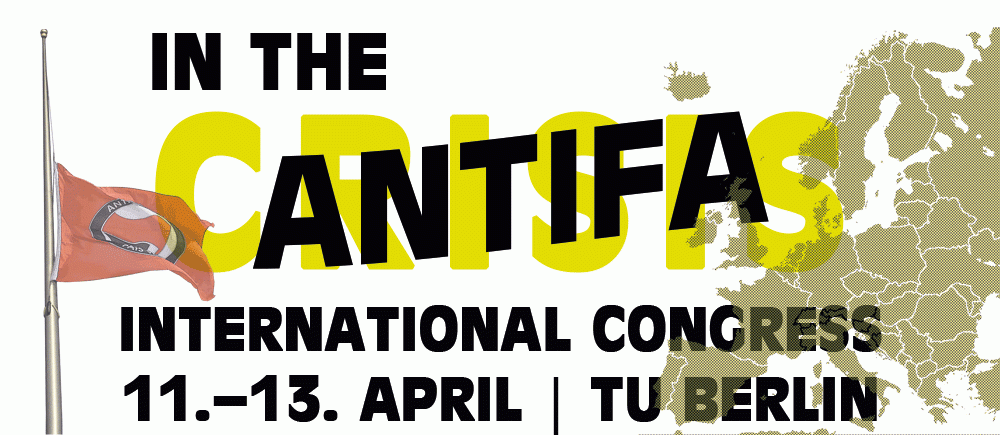Since the parliamentary elections in 2010 Hungarian politics are determined by the national-conservative FIDESZ party. With over two thirds of seats in the parliament it can do whatever it wants. Laws which contradict the constitution simply become enshrined within it. Fidesz did not only take advantage of this to strengthen its power in the now expiring legislative period, but also to create clear concepts of the enemy. Its anti-Semitic, anti-Ziganistic and homophobic rhetoric is reinforced by the fascist Jobbik party. The interplay of both parties which together hold more than 80 per cent of seats in the parliament stir up a culture of hatred in society. According to current forecasts, FIDESZ will remain in power after the parliamentary elections on 6 April. Jobbik could even succeed in obtaining more than 15 per cent of votes. Against this background, the workshop seeks to look for possible causes of this development, which can be described as ?Fascization?. Political actors from the parliament, the Neonazi-scene and civil society will be presented and their interaction and behavior towards the central subjects of Hungarian Fascists and national-conservatives examined.
Congress: 11. -13. April | Tu Berlin
